What is the Dollar to Naira Exchange rate at the black market also known as the parallel market (Aboki fx)?
The exchange rate for the US dollar (USD) to Nigerian naira (NGN) in the black market, also known as the parallel market or Aboki fx, buy a dollar for N1,497 and sell at N1,490 as of June 19th, 2024.
This rate is sourced from the latest data provided by Bureau De Change (BDC) operators.
Join our WhatsApp ChannelHow much is a dollar to naira today in the black market?
What is the Dollar to Naira Exchange rate at the black market also known as the parallel market (Aboki fx)?
The black market, also known as the parallel market or Aboki fx, is where most Nigerians buy and sell foreign currencies, primarily because it often offers better rates than official channels. The rates in the black market are determined by demand and supply, making them quite volatile.
This rise is attributed to several factors, including a limited supply of dollars and increased demand from businesses and individuals. Today’s black market rate for the dollar to naira is critical for businesses and individuals who rely on foreign currency for transactions.
Many Nigerians use the black market to exchange their money due to more favourable rates compared to the official channels.
READ ALSO: Black Market Dollar (USD) To Naira (NGN) Exchange Rate Today, 19th June 2024
Dollar to Naira Black Market Rate Today
Buying rate: ₦1,497.00 /$1
Selling rate: ₦1,490.00/$1
Dollar to Naira CBN Rate Today
- Buying rate: ₦1,475/$1
- Selling rate: ₦1,474/$1
Variations In Forex Rates
Factors such as inflation, foreign exchange reserves, and government policies play a role in creating these variations. The CBN aims to control the official rate to manage the economy, but the black market provides a more immediate reflection of the supply and demand for foreign currency.
The disparity between the CBN rate and the black market rate is a cause for concern. John Okeke, a forex trader in Lagos, said, “The gap between the official rate and the black market rate is widening. This makes it difficult for businesses that rely on the official rate to compete.”
Forex traders and economic analysts argue that the CBN needs to address this gap to stabilise the market. Mary Ibrahim, an economist, noted, “The government must find ways to bridge the gap between the official and parallel market rates. This will help to reduce inflation and make foreign transactions easier.”
Why the Difference?
The difference in rates can be attributed to several factors. First, the limited availability of foreign currency in official channels pushes people to the black market. Second, the demand for foreign currency for imports, school fees, and travel expenses is high.
Third, economic instability and inflation make the Naira less attractive, increasing the demand for stable currencies like the US Dollar.
Impacts on the Economy
The high exchange rate in the black market has impacts on the Nigerian economy. Importers and exporters are directly affected, leading to increased prices of goods and services.
A local importer, Adewale Johnson, explained, “We buy dollars at a high rate in the black market, which increases our costs. These costs are then passed on to consumers.”
Furthermore, the disparity in rates affects foreign investment. Investors are wary of putting their money in a country with such a volatile currency exchange environment.
To address this issue, the government needs to implement policies that can stabilise the naira and narrow the gap between the official and black market rates.
Emmanuel Ochayi is a journalist. He is a graduate of the University of Lagos, School of first choice and the nations pride. Emmanuel is keen on exploring writing angles in different areas, including Business, climate change, politics, Education, and others.

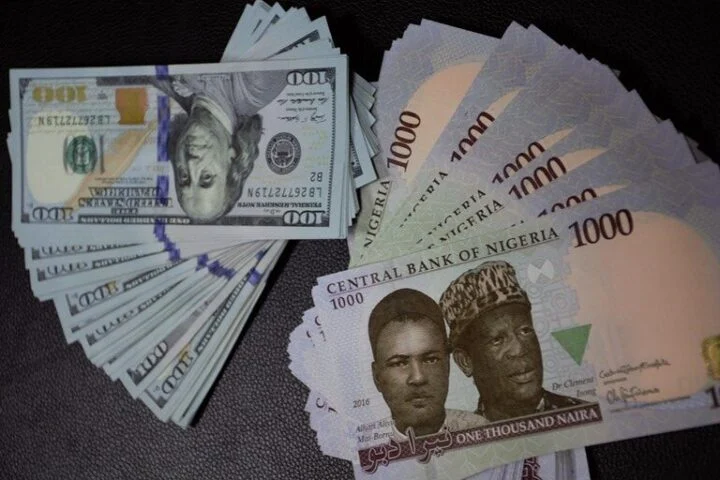



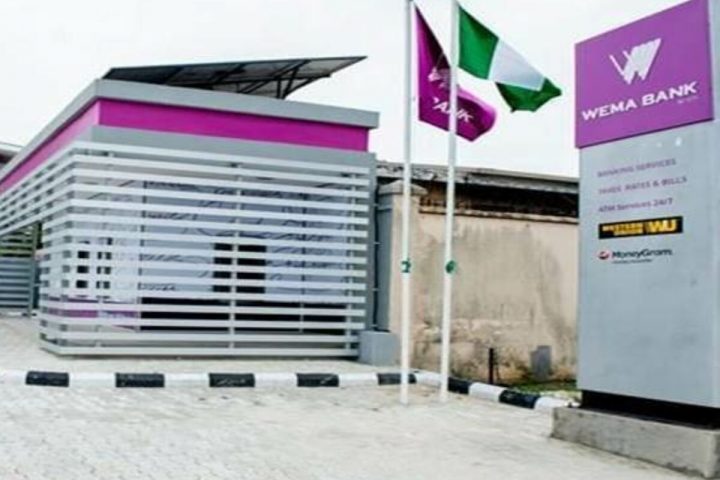

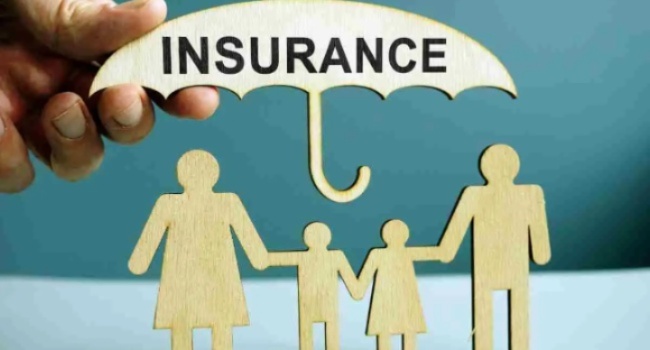








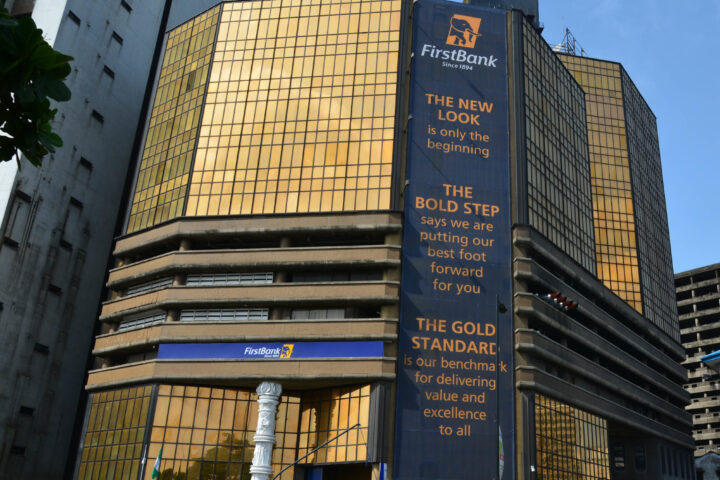

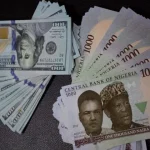
Follow Us